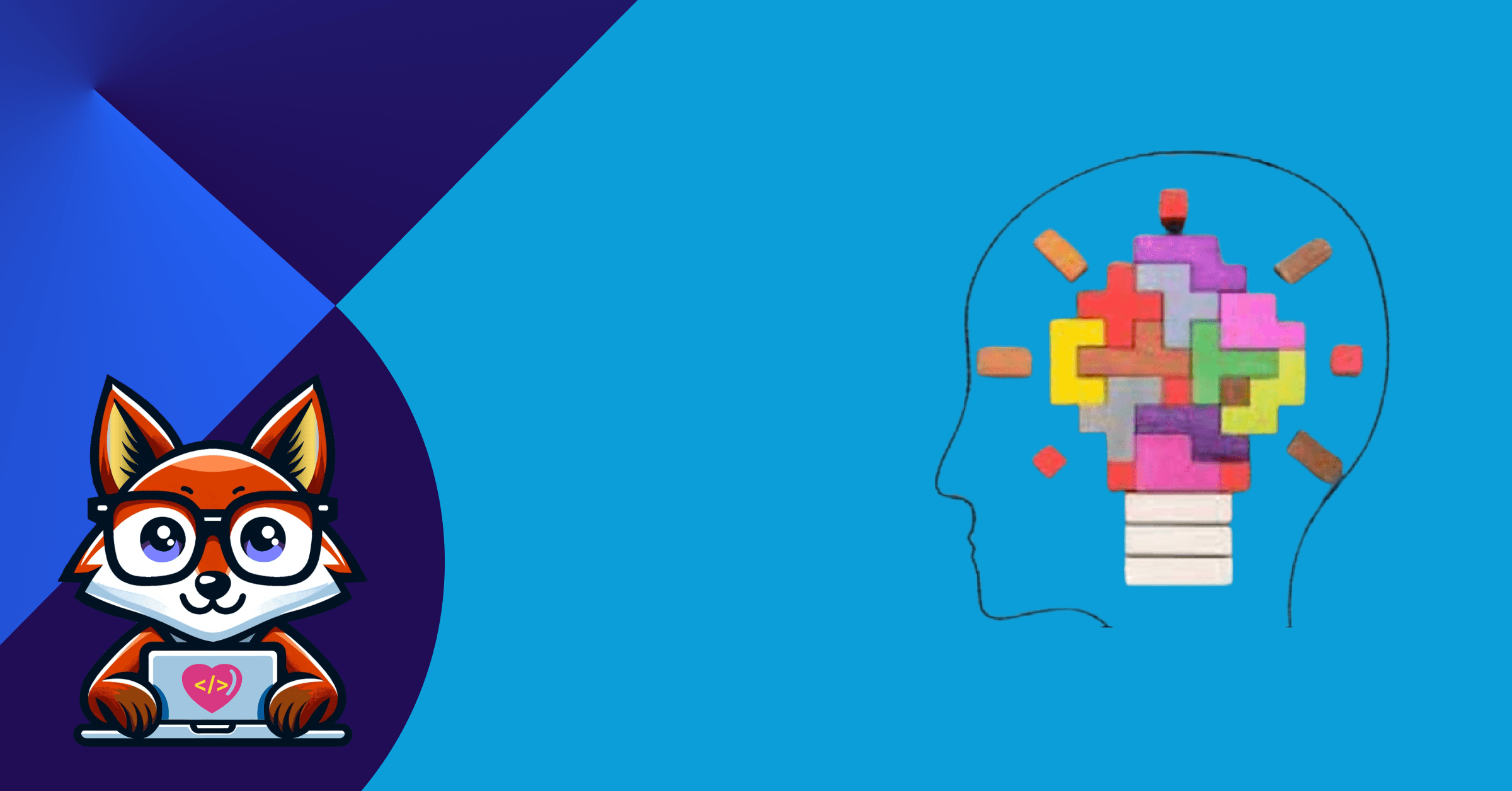Coding for Kids: Unlocking Kid's Mental Growth and Development
By Coderpals

In the dynamic landscape of education, coding has emerged as a powerful tool not only for technological proficiency but also for enhancing mental growth in children. As we navigate the complexities of the digital age, introducing kids to coding offers a plethora of cognitive benefits that contribute to their overall mental development. Let's explore how kids coding acts as a catalyst for mental growth and fosters essential skills:
Cognitive Skills Development
Coding involves the use of critical thinking, problem-solving, and pattern recognition. Engaging in coding activities stimulates the brain, promoting the development of cognitive skills that are crucial for various aspects of learning.
Enhanced Problem-Solving Abilities
Coding is essentially about solving problems through a step-by-step approach. As kids tackle coding challenges, they develop the ability to break down complex issues into manageable components, fostering analytical thinking and problem-solving skills.
Improved Concentration and Focus
Coding requires sustained attention and concentration. When kids immerse themselves in coding projects, they learn to stay focused on the task at hand, leading to improved attention spans—a skill that is transferable to academic and real-life scenarios.
Boosted Creativity and Innovation
Coding is a creative process that encourages kids to think outside the box. As they design games, animations, or interactive stories, they exercise their creativity and develop innovative thinking—a quality that extends beyond coding into various aspects of their lives.
Logical Reasoning and Sequential Thinking
Coding involves creating sequences of instructions to achieve a desired outcome. This nurtures logical reasoning and sequential thinking in kids, helping them understand cause-and-effect relationships and reinforcing a structured approach to problem-solving.
Introduction to Mathematical Concepts
Coding often incorporates mathematical concepts such as geometry, algebra, and logic. As kids engage in coding, they naturally encounter and apply these mathematical principles, providing a practical and hands-on application of mathematical knowledge.
Cultivation of Perseverance
Coding rarely unfolds without challenges. Kids learn that debugging and refining code are integral parts of the process. This iterative approach cultivates perseverance and resilience, teaching them that setbacks are opportunities for growth.
Strengthening Memory Skills
Coding involves recalling and implementing various commands and syntax rules. This constant exercise of memory strengthens kids' memory skills, enhancing their ability to retain and recall information in other academic subjects.
Encouraging Self-Directed Learning
Coding often involves exploration and self-directed learning. Kids learn to seek solutions independently, fostering a sense of autonomy and a proactive attitude towards acquiring new knowledge and skills.
Social and Emotional Growth
Collaborative coding projects encourage teamwork and communication. Kids working together on coding tasks learn to share ideas, listen to others, and appreciate different perspectives, contributing to their social and emotional intelligence.
The journey into the world of coding offers kids more than just technical proficiency—it provides a holistic approach to mental growth and development. By fostering cognitive skills, nurturing creativity, and promoting resilience, coding empowers children with a toolkit that extends far beyond the boundaries of programming, preparing them to face the challenges of the future with confidence and agility.
